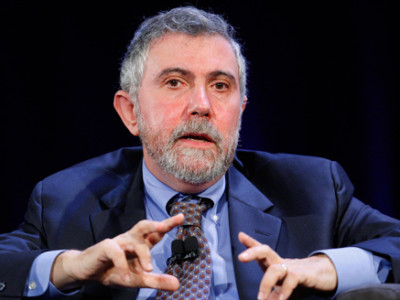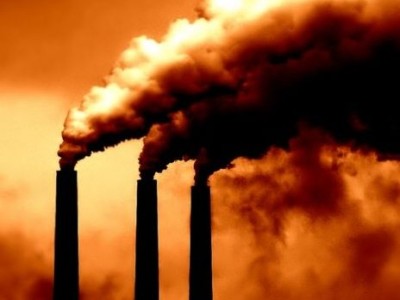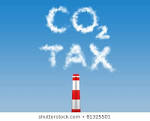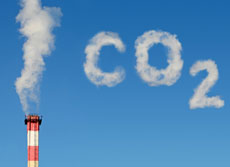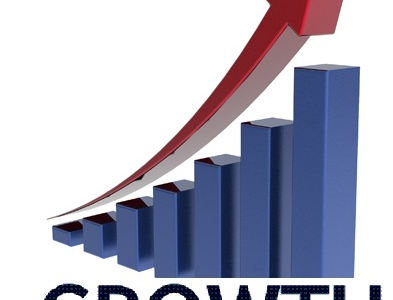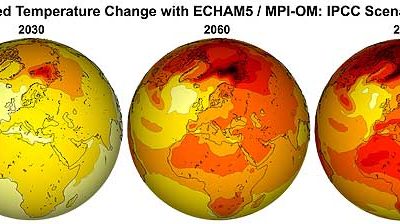climate economics
Talking Climate Policy with an Energy Economist
An interview with leading energy expert Catherine Wolfram
Catherine Wolfram, a leading energy economist who has researched the impact of the Inflation Reduction Act, shares her views of the impact of the IRA, its likely fate, and the energy policies of the incoming Trump Administration. Wolfram served as the Deputy Assistant Secretary for Climate and Energy Economics at the US Treasury in 2021-2022
CONTINUE READINGI’m With Paul
Krugman claims that climate action doesn’t mean an end to growth. He’s right.
In a recent column, Paul Krugman argued that cutting carbon emissions doesn’t have to mean an end to economic growth. He’s right about that. Carbon emissions and growth aren’t joined at the hip. He could have added that economic growth and quality of life don’t necessarily go together. The numbers are really clear about the …
Continue reading “I’m With Paul”
CONTINUE READINGCost-Benefit Analysis and Deep Uncertainty
How should agencies take into account “the things we know we don’t know”?
Since 1981, cost-benefit analysis (CBA) has been at the core of the rule making process. OIRA, the so-called “regulatory czar” in the White House, must approve every significant regulation based on a review of its CBA. But CBA has had a major blind spot. It embodies techniques for analyzing possible harmful outcomes when the probability …
Continue reading “Cost-Benefit Analysis and Deep Uncertainty”
CONTINUE READINGRecalculating the Cost of Climate Change
The Biden Administration has already started to revisit this important issue.
“The social cost of carbon” isn’t exactly a household phrase. It’s an estimate of the harm caused by emitting a ton of CO2 over the many decades it remains in the atmosphere. That’s an important factor in calculating the costs and benefits of climate regulations. For an arcane concept, it has certainly caused a lot …
Continue reading “Recalculating the Cost of Climate Change”
CONTINUE READINGPricing Carbon: What Does It Actually Accomplish?
Pricing carbon may not work the way economists thought.
In theory, pricing carbon should incentivize emissions reductions. In reality, it is unclear to what extent that takes place unless the carbon price is very high. This is not to say that pricing carbon is useless, but the main benefits may take different forms. Basically, there are two ways of putting a price on carbon. …
Continue reading “Pricing Carbon: What Does It Actually Accomplish?”
CONTINUE READINGWhat Economists Don’t Get About Our Relationship With Nature
No, climate change isn’t less of a problem if people get used to a devastated world.
People often adjust to problems that seem terrible upfront. Some studies show, for instance, that people who who lose limbs are very unhappy for awhile but then start to adjust to their positions. Some economists argue that something similar may happen with climate change — we might find that we don’t miss extinct animals or …
Continue reading “What Economists Don’t Get About Our Relationship With Nature”
CONTINUE READINGA Case of Reverse Causation?
Tomorrow’s Emission Determine Today’s Social Cost of Carbon
Here’s the weird thing: the social cost of carbon today, depends significantly on the year-by-year emissions of carbon in the future, which we obviously don’t know. (Because it depends on our own future actions!) It takes some explanation to show why that’s true and how it matters. If you know a bit about climate policy, you know …
Continue reading “A Case of Reverse Causation?”
CONTINUE READINGCan We Control Climate Change and Still Have Economic Growth? (Part II)
It’s all in the timing.
Yesterday’s post discussed economic growth and how it relates in principle to carbon emissions. Basically, economic growth just means that people will be getting goods and services they prefer over today’s goods and service. There’s no intrinsic reason why the “better” bundle necessarily has to involve more carbon. In fact, it could involve a lot less carbon. …
Continue reading “Can We Control Climate Change and Still Have Economic Growth? (Part II)”
CONTINUE READINGCan We Control Climate Change and Still Have Economic Growth? (Part I)
What do we mean by “economic growth”? Does it always mean more carbon?
The Washington Post recently had a column arguing that even climate advocates and scientists are in denial, for thinking that we can have economic growth and still fight climate change. is that true? It’s useful to take some time to think through what we mean by economic growth and how that relates to carbon emissions. …
Continue reading “Can We Control Climate Change and Still Have Economic Growth? (Part I)”
CONTINUE READINGClimate Impacts: The Economist’s View
Climate change may damage economies more than previously thought.
The Economist has an important story about climate change impacts. There are two big takeaways, one about growth in developing countries and one about economic repercussions in developed countries like the U.S. It has long been known that climate change will impose costs on developing countries. But there is increasing reason to think that it …
Continue reading “Climate Impacts: The Economist’s View”
CONTINUE READING




